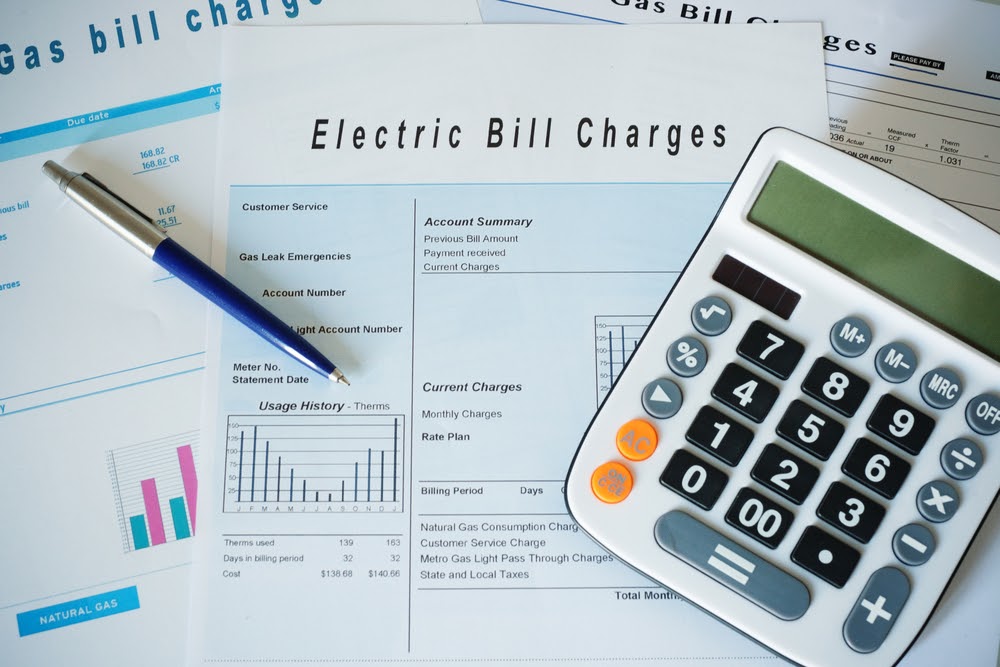The Most Energy-Efficient HVAC System
Heating and cooling the home uses the most energy each month. The costs can depend on the climate, the cost of electricity (or gas for gas furnaces) and the size of the home. However, nudging that thermostat may only drive up the cost.
Investing in an energy-efficient HVAC system can help lower energy use and the monthly bills, too. So what is an HVAC system? HVAC stands for heating, ventilation and air conditioning. These systems might include both a furnace and an air conditioner unit that operates on electricity. However, some homes may have a furnace and air conditioning unit that could use different sources of energy. In this case, homeowners in need of replacing one or the other also might choose an energy-efficient option.
Energy-Efficient Heating
Homeowners in need of replacing a furnace might be on the lookout for the most energy-saving options. Heating the home, though, can be done with boilers, furnaces, geothermal heat pumps, air source heat pumps or even ductless heating and cooling. There are ENERGY STAR options for all these sources of heat.
Just how much energy can homeowners save by choosing an energy-efficient heating option? Here is how all the ENERGY STAR options stack up by energy use when compared to standard models:
- Geothermal heat pumps are 45 percent more efficient
- Air-source heat pumps are 20 percent more efficient
- Ductless heating and cooling systems can save homeowners 30 percent on their heating and cooling
- Boilers and furnaces are 10 percent more efficient
Energy-Efficient Cooling
Homeowners can cool their home using window air conditioners, central air conditioning systems, or even via ductless heating and cooling. The cost to cool the home depends on the size of the house, the climate and the cost of electricity.
Some homes are already equipped with central heating and cooling, and when the system is in need of replacement homeowners might opt to upgrade to an energy-efficient system. The savings could be worth it for homeowners that live in hot climates and who have a lot of square footage to cool.
ENERGY STAR options are 15 percent more efficient than the standard models. Over time, the energy savings–and maybe the financial savings, too—could add up! As electricity use and cost can vary, the amount of savings will differ, too. Homeowners that live in warm climates might see more savings than those that live in milder climates. And in areas where the cost of electricity is higher, homeowners might be more motivated to choose energy-saving central air conditioning models.
Some older homes might be equipped with partial central air and relay and window air conditioning units to cool certain rooms or areas of the home, as well. ENERGY STAR window air conditioners offer a lifetime savings of around $50.

How Homeowners Might Be Increasing Energy Costs
While choosing energy-efficient HVAC systems can certainly help lower energy use and the costs associated with that use, homeowners also could have fallen into a few bad habits that have left a dent in their monthly energy costs.
Wondering why that electricity bill is so overwhelming? Here are a few uncool habits that could be raising the temperature on the electricity bill:
- The thermostat is set too low. Yes, 70 degrees feels great if it’s 90 degrees outside. Unfortunately, setting the thermostat too low during the summer can really lower the electricity bill. Nudge the thermostat to a more balmy 78 degrees while at home. It’s cool, but not too cool.
- All the curtains are open. Natural sunlight brightens the home naturally, but during the summer it also can heat up the home. This can cause the air conditioning to keep kicking on to cool off the home. During the heat of the day, close the shades or blinds if the sun is heating up the home.
- The home is poorly insulated! Proper insulation keeps hot air from seeping in during the summer and cold air from freezing the home during winter. However, it also locks in the cool air from the air conditioning and keeps in the warm air from the furnace. If the home feels drafty during winter or too warm during summer, it might be an issue with the insulation.
- Window leaks! The windows of the home also could let cool air in during winter or hot air in during summer. Make sure windows are properly insulated. Homeowners also can apply plastic film to add a better seal around windows. Sometimes windows might simply need to be replaced. The site Budget Dumpster explains that windows will last a few decades; however, the site noted that windows that have obvious damage (like cracks), decay, moisture issues or windows that are tough to open or close might be in need of replacement. Another sign mentioned by the site? A rising energy bill!
Homeowners in need of replacing their heating and cooling systems might research energy-saving options. Geothermal heat pumps are the most energy efficient heating options, and energy-efficient central air conditioning units are the most efficient cooling option. However, ductless heating and cooling systems are also a great choice, as they are 30 percent more efficient than traditional options.
Even when homeowners upgrade to an energy-efficient HVAC system, they also need to be smart regarding how their habits affect energy use, too. Keeping the thermostat set to a mild temperature during summer and winter, keeping drapes closed during the hottest times of the day during summer and checking for problems with insulation or windows can help ensure that the home stays comfortable year-round without forcing the HVAC to work overtime.


